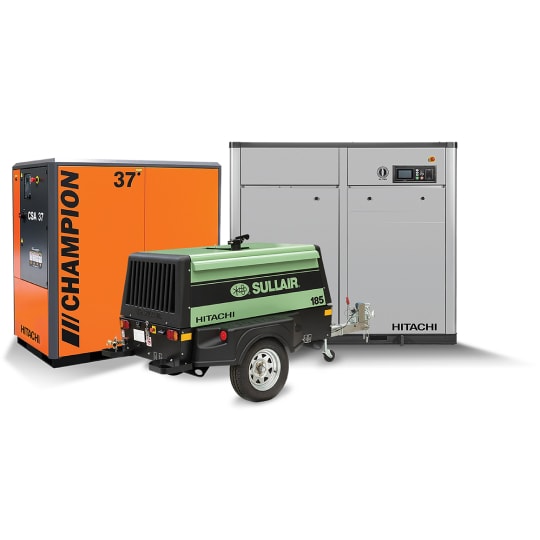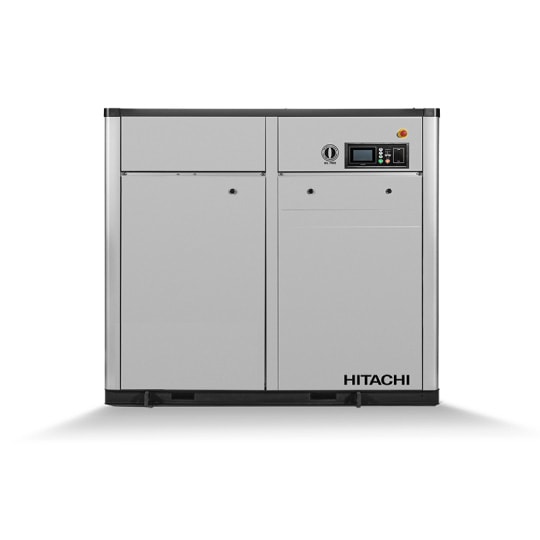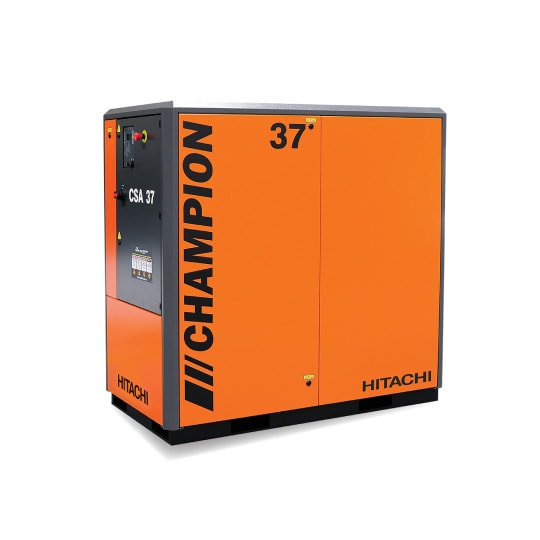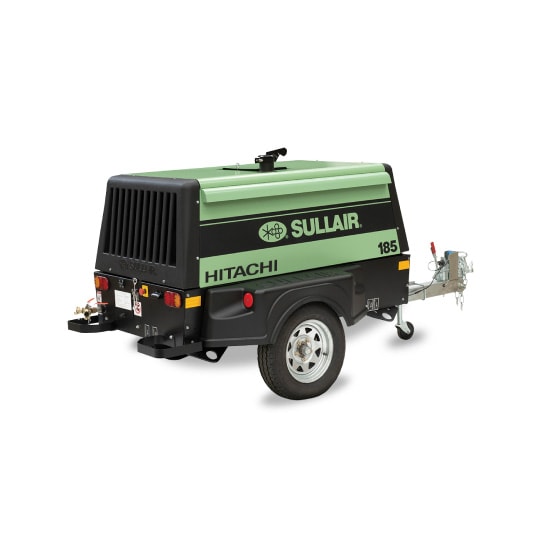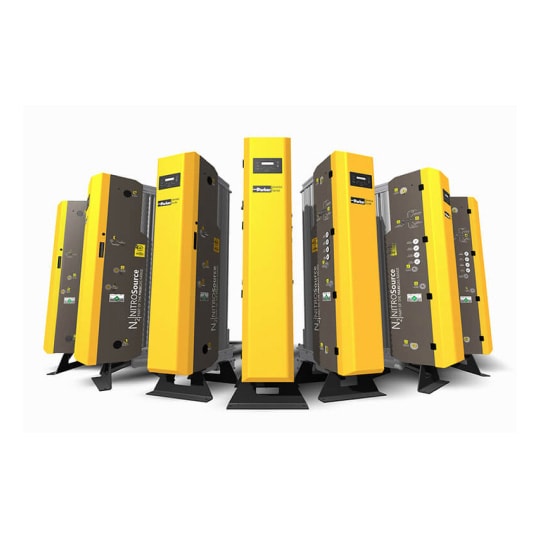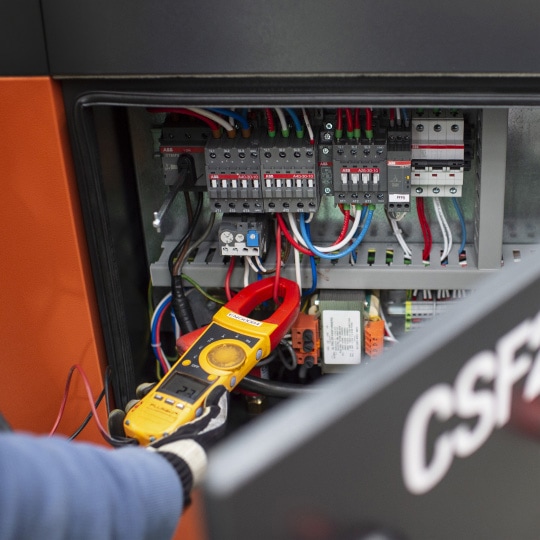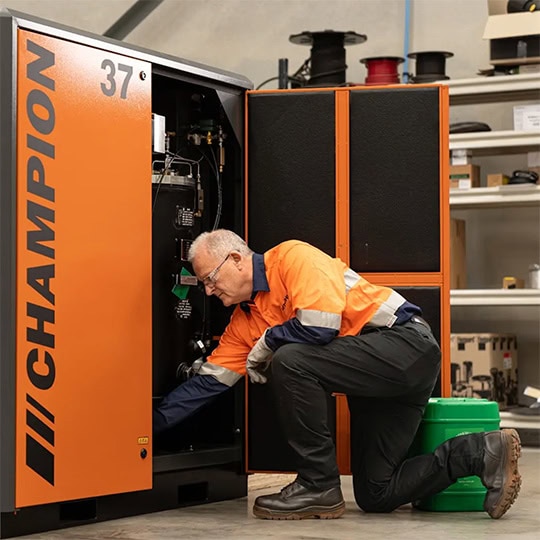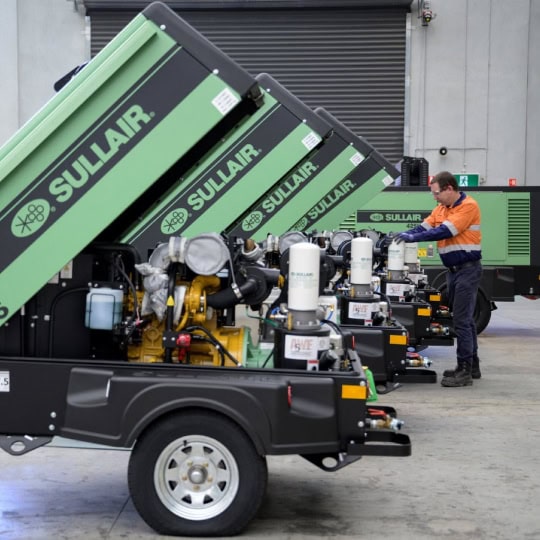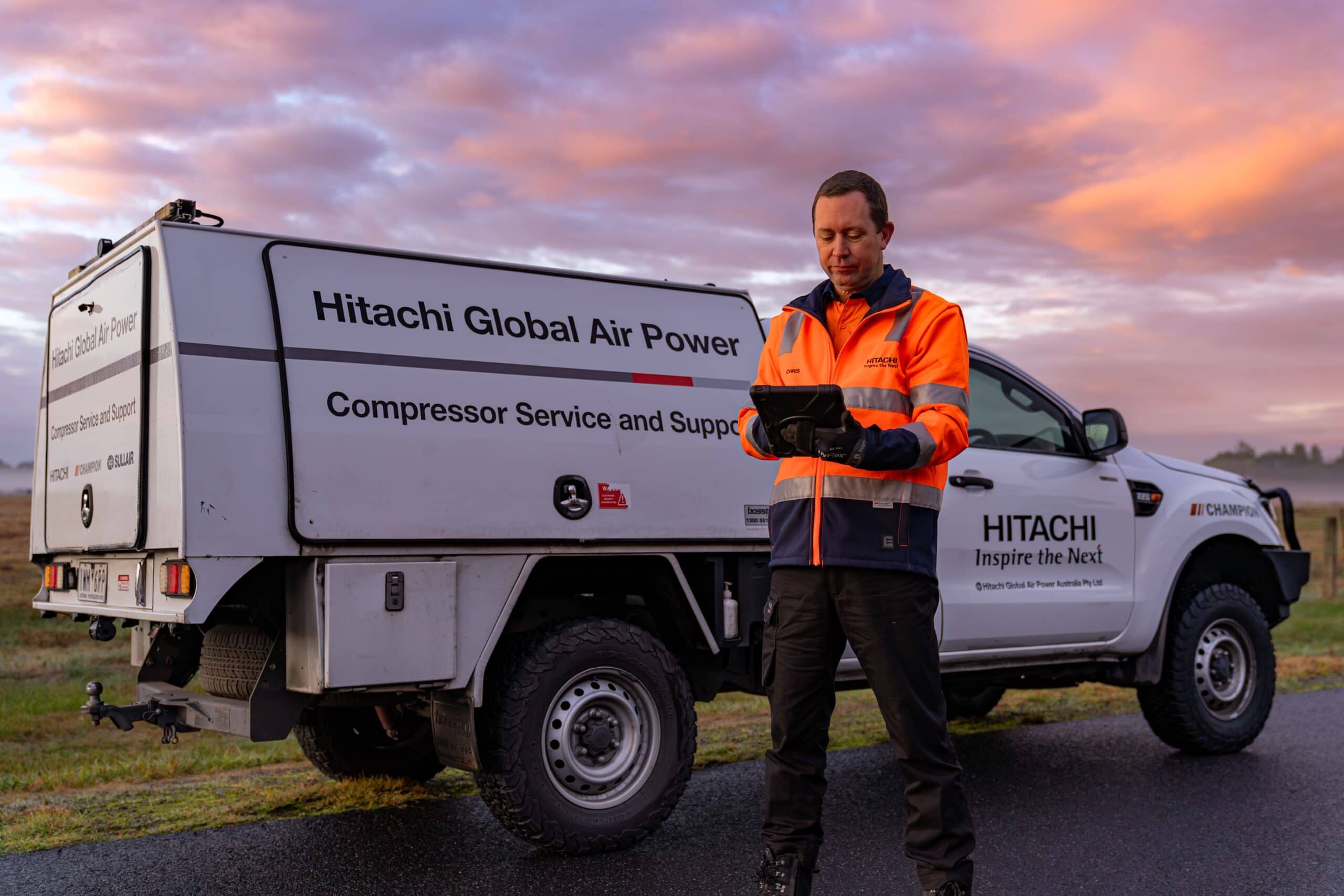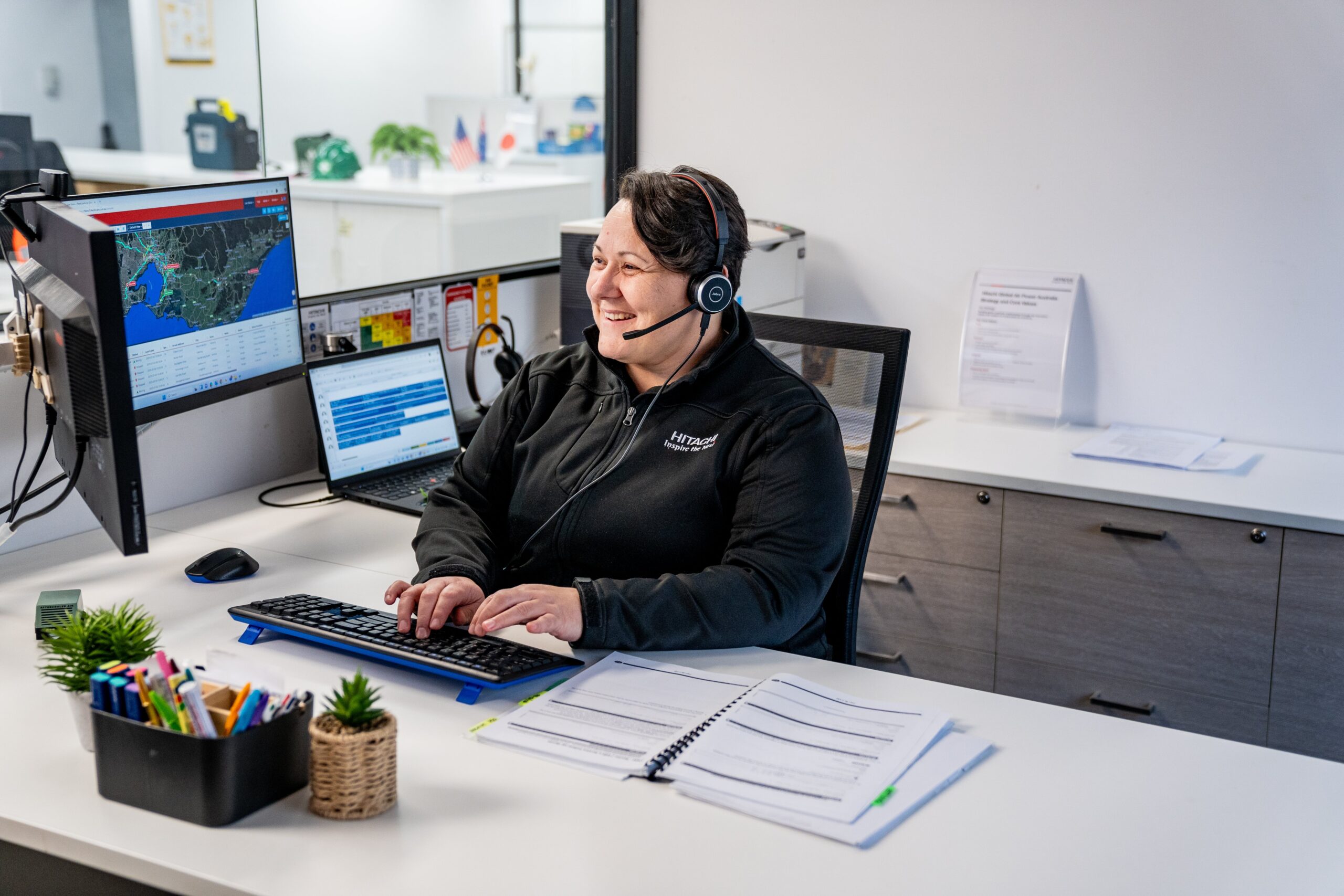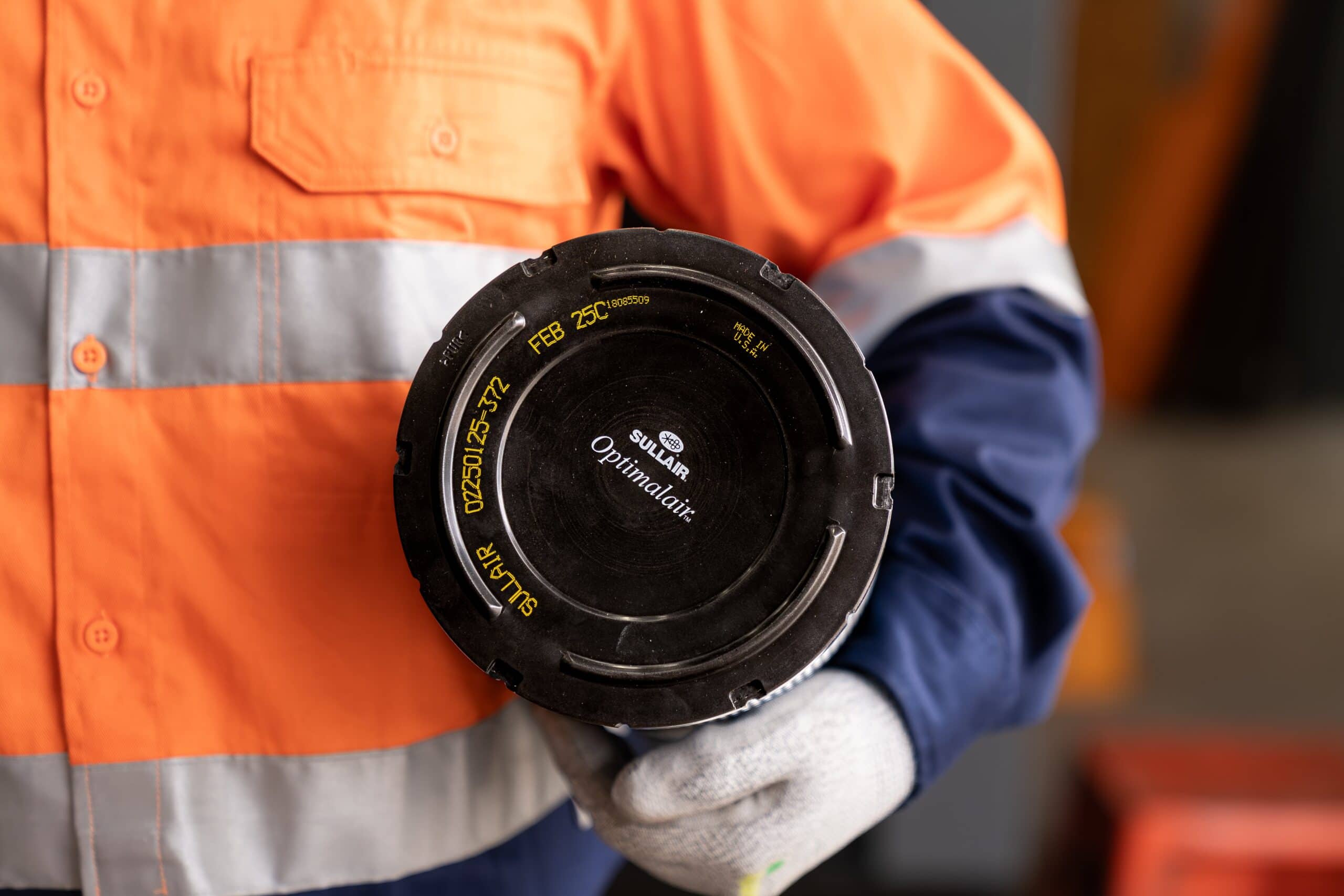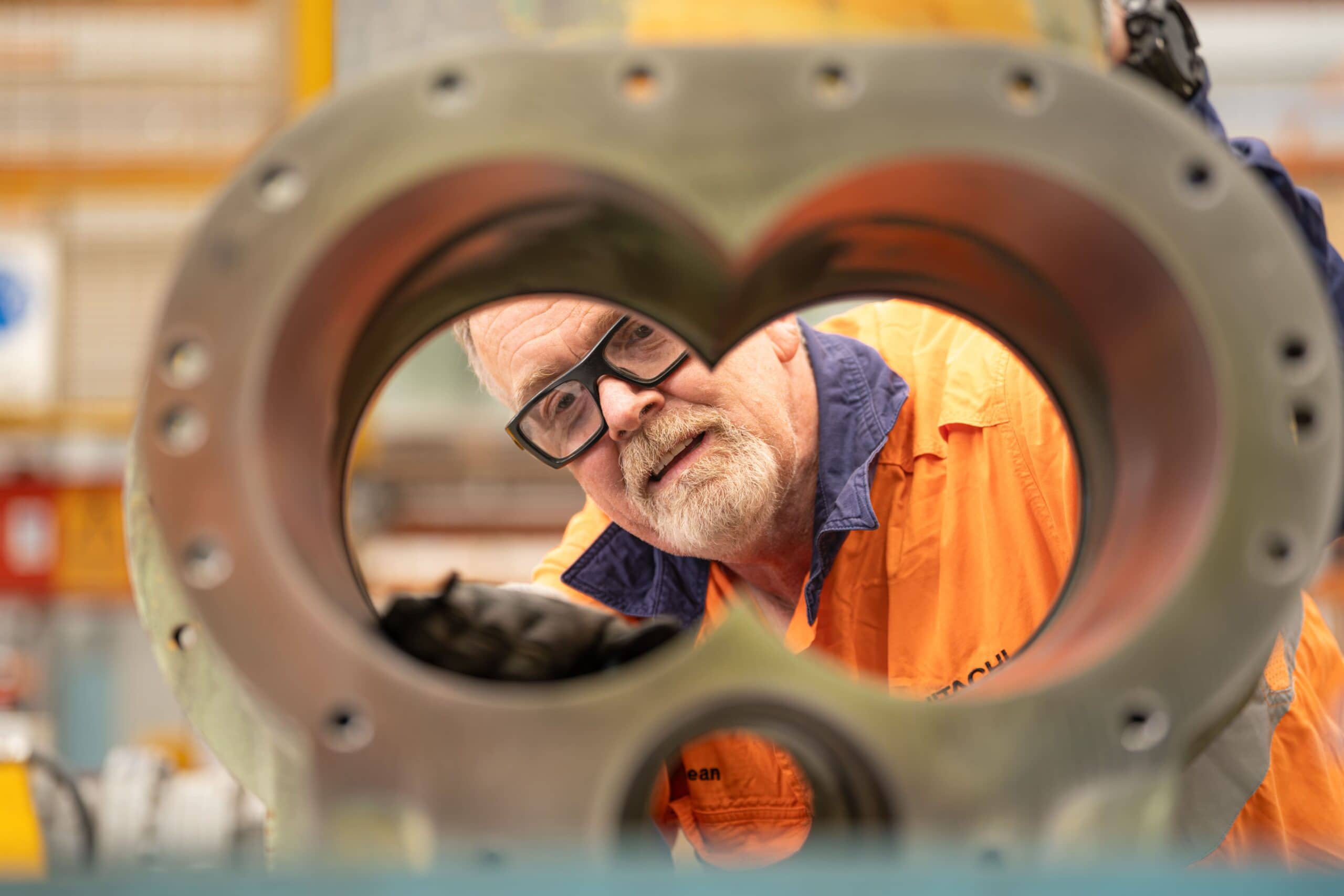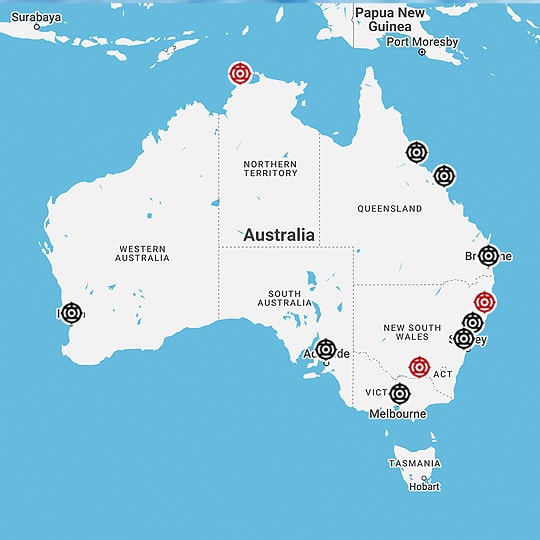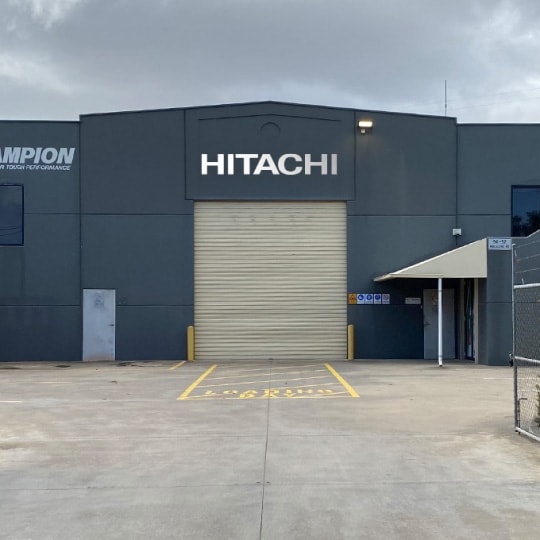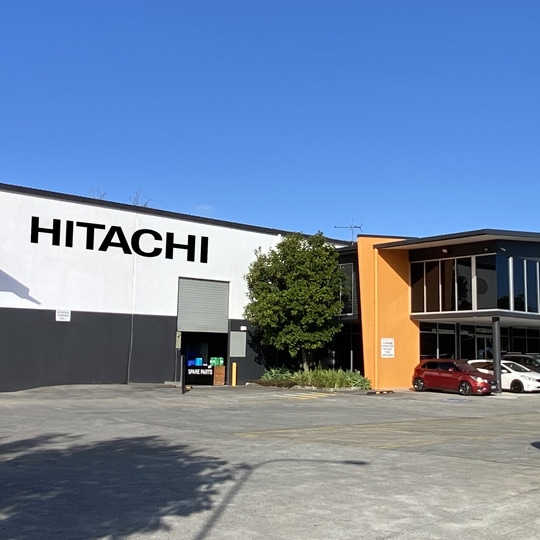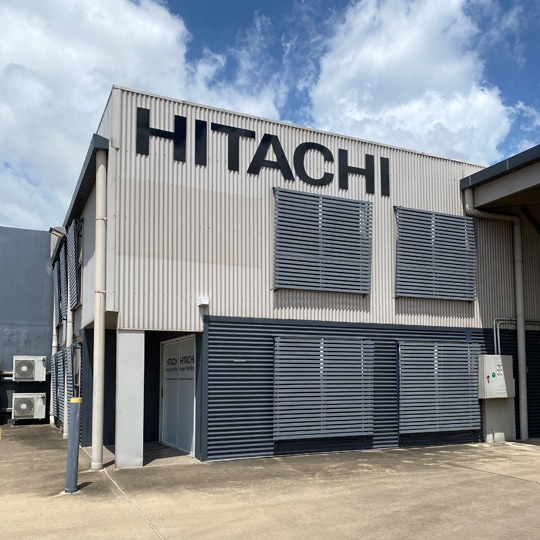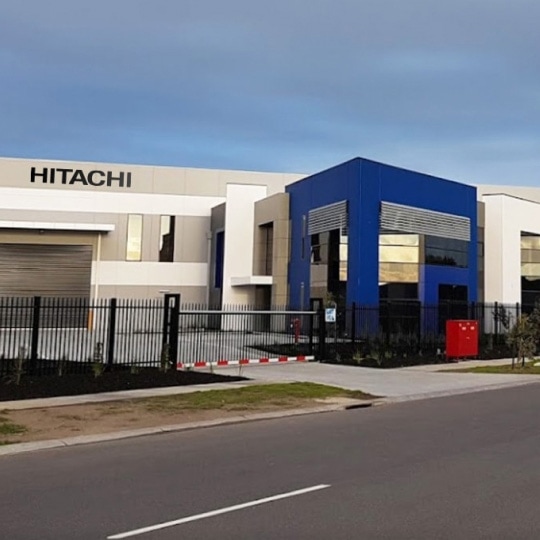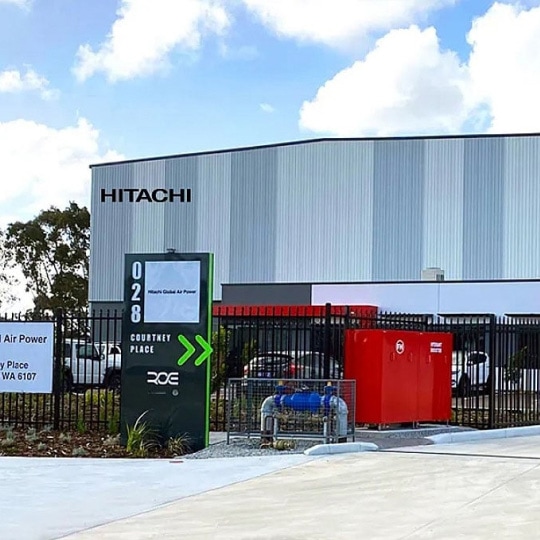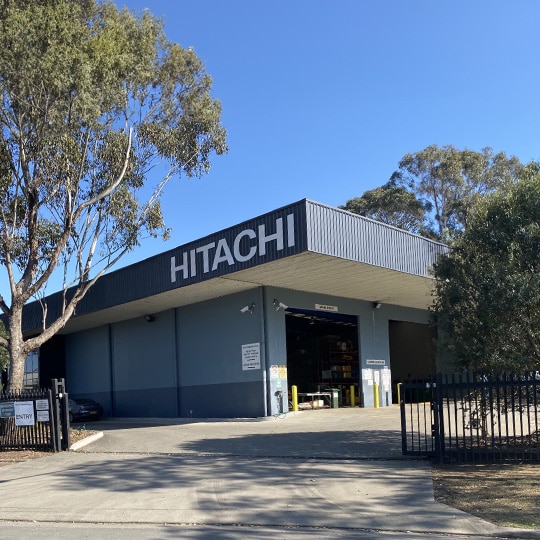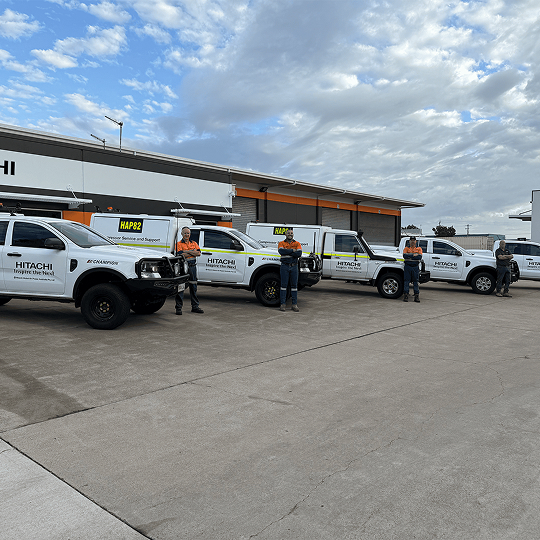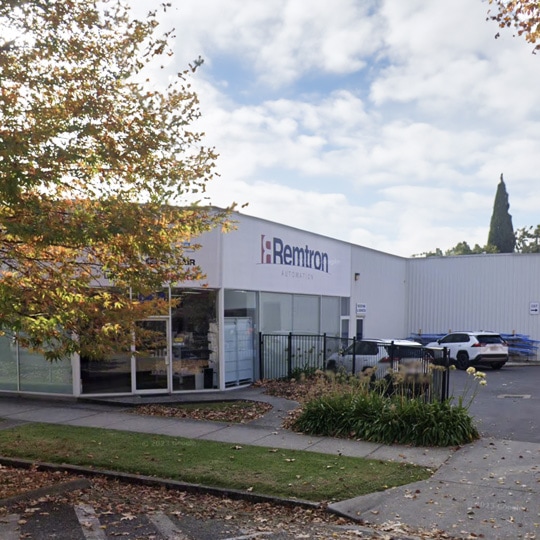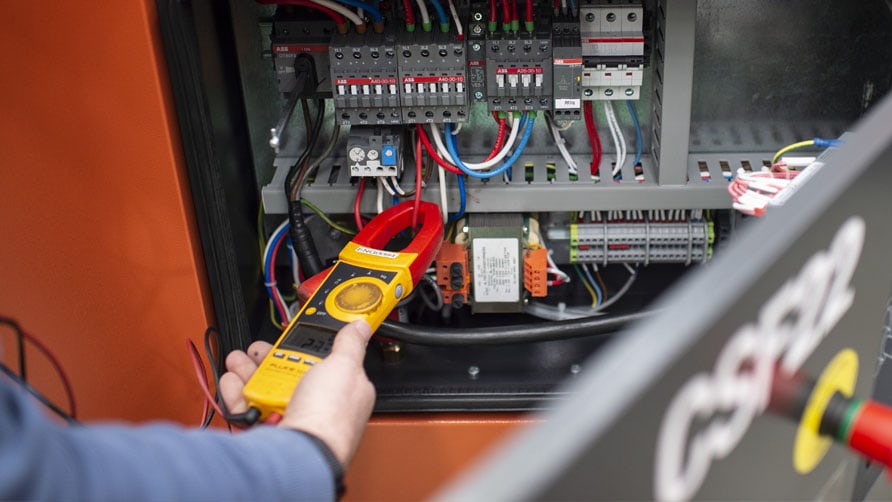
By John Skalka and Sullair Australia
An air compressor is a lot like the human body. It can be depended on to keep going, delivering essential function as and when needed, but it does need attention periodically. Checking in on your compressor on a regular basis and staying on top of routine maintenance will make sure you keep it healthy and in peak condition for as long as it’s supposed to last.
For instance, while a heart pumps blood to keep the body functioning, an oil flooded rotary screw air compressor circulates lubricants to keep the machine operating. Without proper lubrication, the air end — the air compressor’s heart — is threatened with high heat, higher energy costs, and lower efficiency. The cooler, oil filter and separator element may become restricted which could lead to an air compressor ‘heart attack’. Taking care of all those elements is key so in the interest of avoiding disaster wherever possible, Sullair recommends these best practices for maintaining the longevity of your compressor:
Electric Motor Greasing: Users who think that electric motors are not prone to failure might be in for an unfortunate surprise. Every motor has greasing requirements, which are spelled out by the manufacturer. If you’re diligent about proper greasing, you can keep contamination out, temperatures down, and repairs manageable. If you’re not diligent, you could be looking at catastrophic failure, which would cost you significant time and money.
Daily Logs: prevention is better than cure. Daily equipment checks can ensure optimal operation, but some users might let months go by before having a proper inspection. Staying on top of issues before they get too big can help avoid preventable downtime instances. Daily maintenance should include checking all oil and fluid levels in the engine and compressor and topping up if necessary.
Condensate System Maintenance: Many users fail to perform this critical protocol, which should be part of the daily checklist. If the drain fails (which it is prone to do), water can make its way into the downstream process and damage sensitive equipment, or air can escape to reduce efficiency. With regular evaluation, proper function can be expected.
System Air Leak Audits: These can help you save on energy costs by preventing leaks and wasted compressed air. A quarter-inch air line leaking to 100 psi will cost thousands of dollars in a year and reduce efficiency on a daily basis. Air leaks can be hard to hear in a noisy facility, but evaluation earlier in the day — when the facility is quieter — can make them easier to catch. You can also book an air audit if you are unsure of whether a leak exists or can’t place where its coming from.
Sullair Australia’s sales team and technicians are trained to deeply explore the unique needs of our clients. A collaborative approach between your team and ours ensures a comprehensive understanding of the function required for the specific application. If you have any questions about how to keep your compressors healthy, specific to the equipment you have on site, you can talk to one of our specialist advisors to find out more.
Interested in finding out more?
Contact us now on 1300 266 773 or here.

